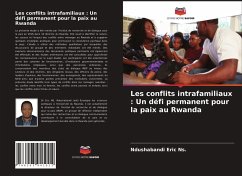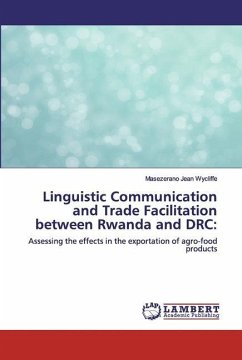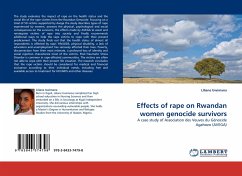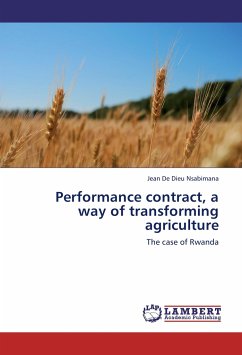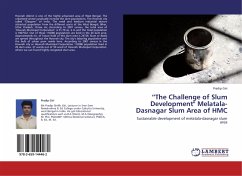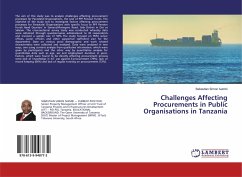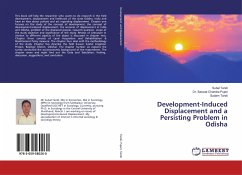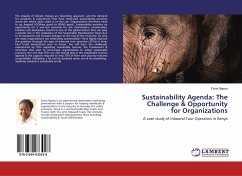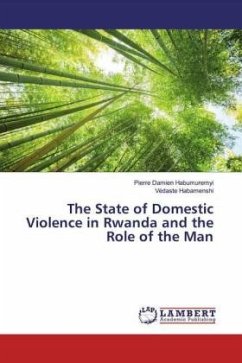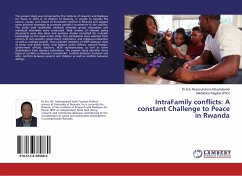
IntraFamily conflicts: A constant Challenge to Peace in Rwanda
Versandkostenfrei!
Versandfertig in 6-10 Tagen
36,99 €
inkl. MwSt.

PAYBACK Punkte
18 °P sammeln!
The present study was conducted by the Institute of research and Dialogue for Peace in 2016 in 10 districts of Rwanda. It sought to identify the nature, causes, and impact of household conflicts in Rwanda and suggest some practical strategies to promote peaceful co-existence in the country. The study used qualitative methods whereby group discussions and individual interviews were conducted. Desk reviews of relevant policy documents were also done and previous studies consulted for in-depth knowledge on the topic under study. The participants were selected from cohorts of civil servants, gover...
The present study was conducted by the Institute of research and Dialogue for Peace in 2016 in 10 districts of Rwanda. It sought to identify the nature, causes, and impact of household conflicts in Rwanda and suggest some practical strategies to promote peaceful co-existence in the country. The study used qualitative methods whereby group discussions and individual interviews were conducted. Desk reviews of relevant policy documents were also done and previous studies consulted for in-depth knowledge on the topic under study. The participants were selected from cohorts of civil servants, government institutions, and religious institutions as well as ordinary people. They included members of IRDP dialogue clubs at sector and district levels, local leaders, police officers, opinion leaders, government official, teachers, NCW representatives as well as other stakeholders from relevant institutions. The present study identifies three types of conflicts in Rwanda's households: conflicts between husband and wife, conflicts between parents and children as well as conflicts between siblings.



